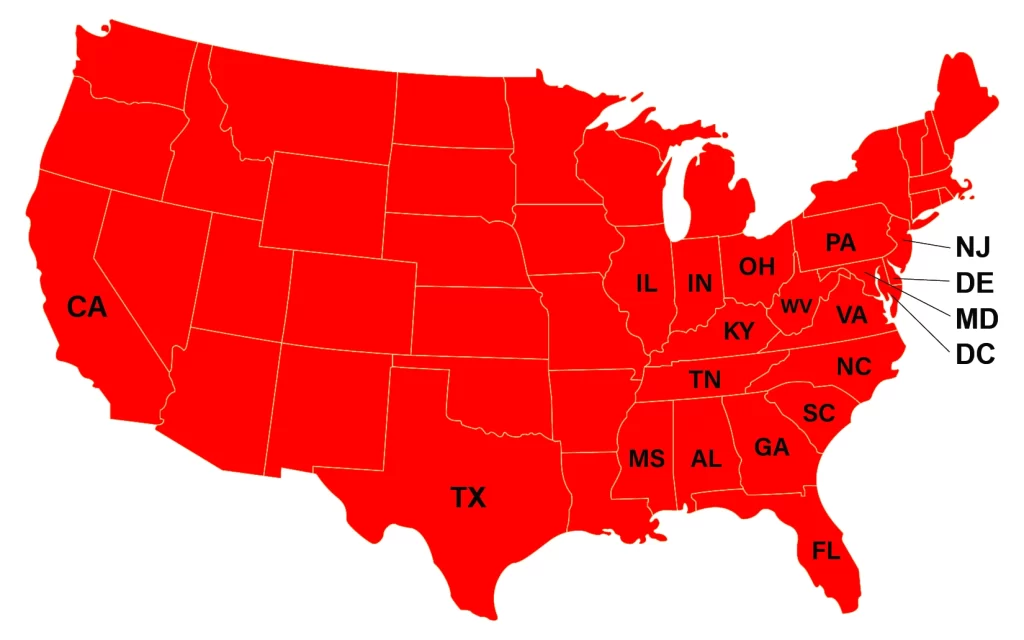Workers’ compensation systems are designed to support employees who suffer work-related injuries or illnesses. However, fraudulent claims can undermine these systems, leading to increased costs for insurers and employers. Effective investigations are essential to detect and prevent such fraud, ensuring that benefits are reserved for legitimate cases.
Common Methods of Workers’ Compensation Fraud
Fraudulent activities in workers’ compensation can take various forms:
- Exaggeration of Injuries:Claimants may overstate the severity of their injuries to receive higher compensation or extended benefits.
- Fictitious Injuries:Some individuals fabricate injuries that never occurred, aiming to exploit the system for financial gain.
- Pre-existing Conditions:Claimants might report old injuries as new work-related incidents to obtain coverage for prior conditions.
- Malingering:This involves prolonging recovery periods or feigning ongoing symptoms to continue receiving benefits.
Investigative Techniques to Detect Fraud
To identify and prevent fraudulent claims, investigators employ a combination of methods:

- Surveillance:Monitoring claimants’ activities can reveal inconsistencies between reported injuries and actual behavior. For instance, observing an individual with a claimed back injury engaging in strenuous activities may indicate fraud.
- Social Media Monitoring:Analyzing public social media profiles can uncover evidence contradicting a claimant’s reported limitations. Posts showing participation in physical activities can raise red flags.
- Background Checks:Investigators review claimants’ histories for prior claims, criminal records, or patterns that suggest fraudulent behavior.
- Medical Record Analysis:Examining medical records helps verify the legitimacy of the injury and ensures consistency with the claimant’s account. Discrepancies can indicate potential fraud.
- Interviews and Statements:Conducting interviews with the claimant, coworkers, and witnesses can provide insights and identify inconsistencies in the reported incident.
- Data Analytics:Utilizing statistical tools to detect anomalies in claims data can highlight patterns indicative of fraudulent activity.
The Role of Private Investigators
Private investigators play a crucial role in workers’ compensation fraud detection. They possess the expertise to conduct thorough investigations, including surveillance and background checks, to uncover fraudulent activities. Their findings can provide the necessary evidence to deny illegitimate claims and pursue legal action against fraudsters.
Legal and Ethical Considerations
While detecting fraud is essential, it’s imperative that investigations are conducted ethically and within legal boundaries. Unauthorized surveillance or invasion of privacy can lead to legal repercussions and undermine the integrity of the investigation. Adhering to legal standards ensures that evidence collected is admissible in court and that the rights of all parties are respected.
Detecting and preventing workers’ compensation fraud is vital to maintaining the integrity of the system and protecting insurers and employers from unnecessary costs. By employing a combination of investigative techniques and adhering to ethical standards, fraudulent claims can be effectively identified and addressed, ensuring that benefits are available for those who truly need them.
Protect Your Business with Expert Investigations
At J.P. Investigative Group, our experienced workers comp investigators utilize advanced surveillance techniques to uncover fraudulent claims. Whether it’s observing individuals with alleged injuries engaging in strenuous activities or conducting thorough background checks, we provide the evidence needed to protect your business from unwarranted claims. Trust us to safeguard your interests and maintain the integrity of your workers’ compensation program.


